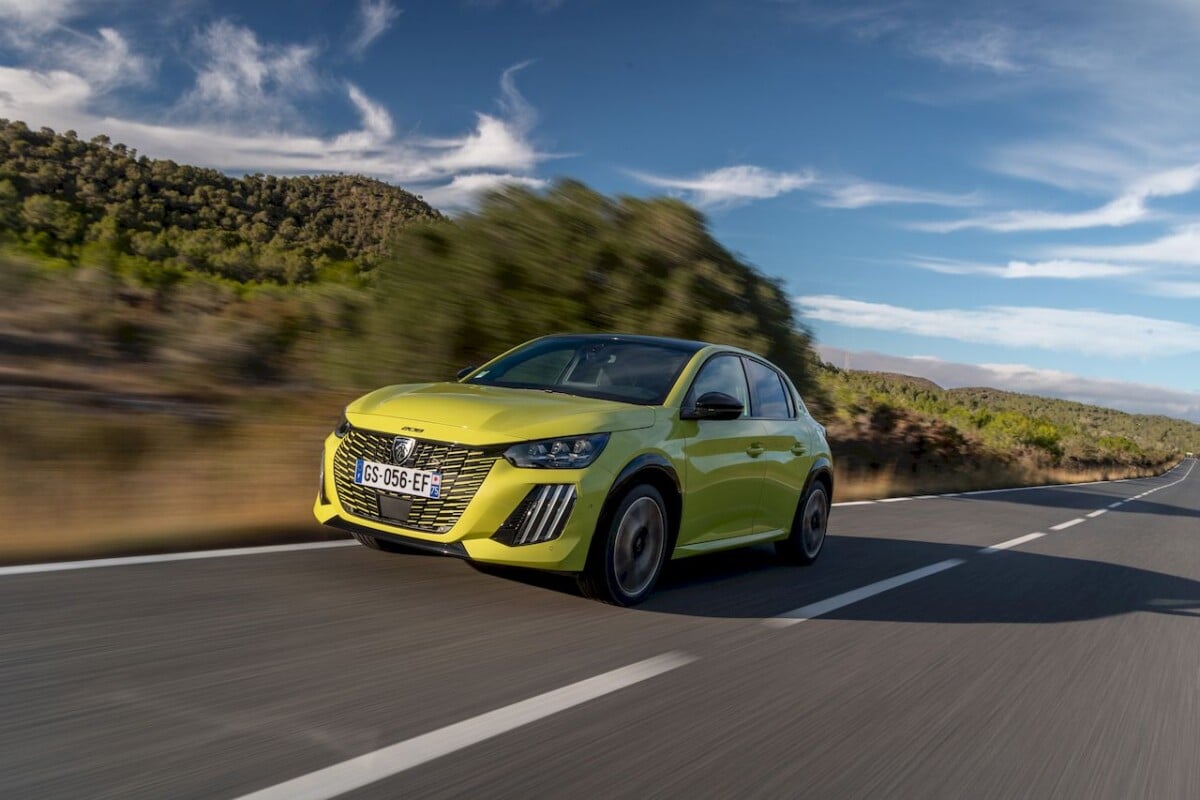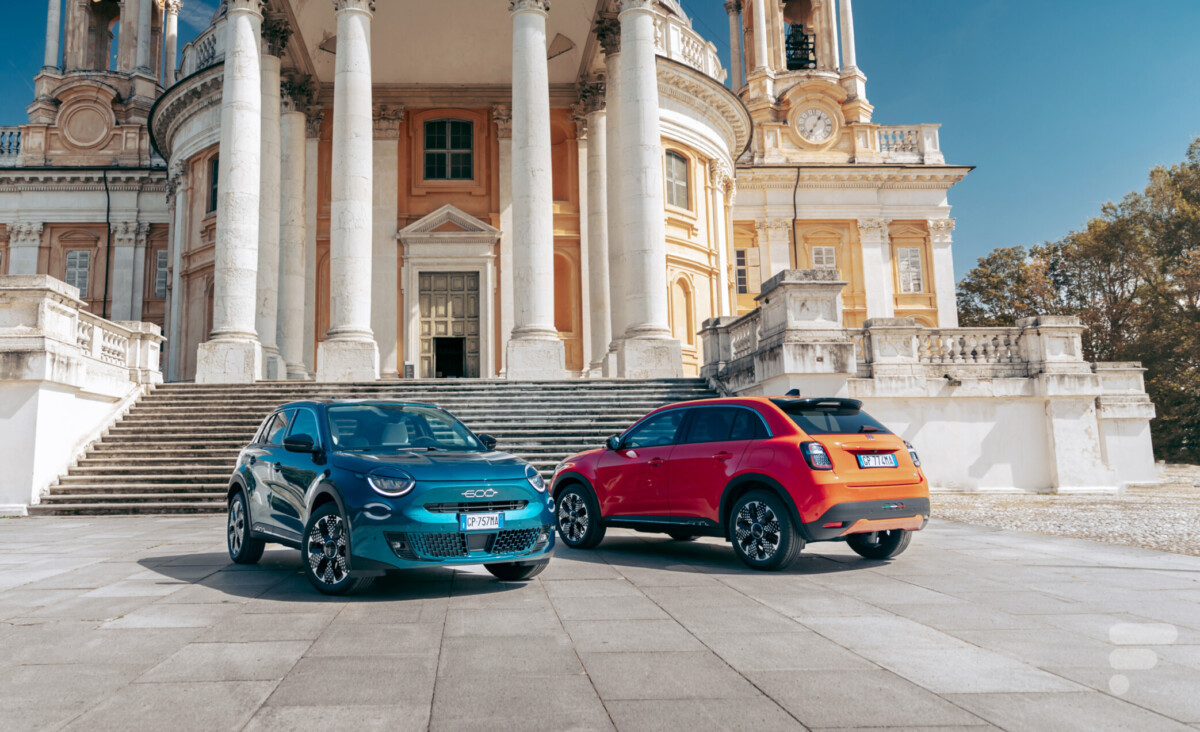The French giant of batteries for electric cars, ACC, has decided to suspend its plans to build two factories in Europe. Located in Germany and Italy, the latter were to accommodate the production of accumulators equipped with cobalt for Stellantis. A strategic error which could cost the French group dearly, which owns many brands such as Peugeot, Citroën and Jeep. But also Mercedes, which is a partner in the project.
For several years, car manufacturers have been waging a fierce battle over electric cars, while the European Union will ban the sale of thermal cars from 2035. In addition to producing vehicles, brands also want to manufacture their own batteries.
A project postponed
Of course, we obviously think of BYD, Tesla’s biggest competitor, which was already specialized in this area before designing cars. But that’s not all, because other manufacturers have also decided to combine their forces in order to have control over the manufacturing of accumulators, while diversifying their activities. This is the case of Mercedes and Stellantis, who joined forces with TotalEnergies to create the ACC (Automotive Cells Company) joint venture which was created in 2020. The first company to produce batteries in large series on French soil, the latter has a factory in the North.
But that’s not all, because the Franco-German company also had the ambition to go even further andopen two new assembly centers. The first was to be inaugurated in Kaiserslautern, Germany while the second was planned to be located in the city of Termoli, Italy. These two sites then had to be respectively operational from 2025 and 2026. But in the end this will not be the case. And for good reason, and as reported by the American site BloombergACC has decided to put its projects on hold.

A decision which may seem surprising and which was notably supported by the Stellantis group, which notably owns Peugeot, Jeep and even Opel and Citroën. But what is the reason for this sudden and unexpected change, at a time when more and more manufacturers want to set up in Europe to produce their batteries there? In fact, several things explain this strategy. The first is above all falling demand for electric carsas explained by journalists from BFM TV.
Indeed, across the Old Continent, sales are down slightly, even if the market share remains stable in France with 17% last April. This small decline is partly explained by reduction of purchasing aid like the ecological bonus, since certain countries like France and Germany have tightened the screw. Here, certain very popular models such as the Dacia Spring, the MG4 or even the Tesla Model 3 are no longer eligible, logically leading to a drop in registrations.
A strategic error
But this is not the only reason that explains this turnaround in the situation for ACC. Indeed, you should know that the Franco-German company only produces NMC (nickel – manganese – cobalt) batteries. A technology particularly appreciated by Stellantis, which has chosen to integrate it into all its electric cars, such as the Peugeot e-208 or the Jeep Avenger that we were able to test a little earlier. Because this chemistry has the advantage of offering greater energy density than LFP (lithium – iron – phosphate) devoid of cobalt.
Issue, it is also more expensive to produce, and this is logically reflected in the price displayed for customers. However, at a time when manufacturers are pushing prices down, notably with the arrival of the Renault 5 E-Tech, Stellantis must adapt. This is particularly why the firm offered an LFP pack to its new ë-C3 which we were able to test.
Which allows it to start below 25,000 euros to compete with the future Volkswagen ID.2. This is particularly why ACC also claims to be working on this technology.

In the meantime, Stellantis obtains its supplies from the Chinese giant CATL, which also has a factory in Europe. But the French group obviously prefers to call on the French company, in order to offer even cleaner cars. A new schedule for Italian and German factories will be communicated by the end of the year, while the French site located in Douvrin continues to operate. The creation of a second production line is still in progress.
